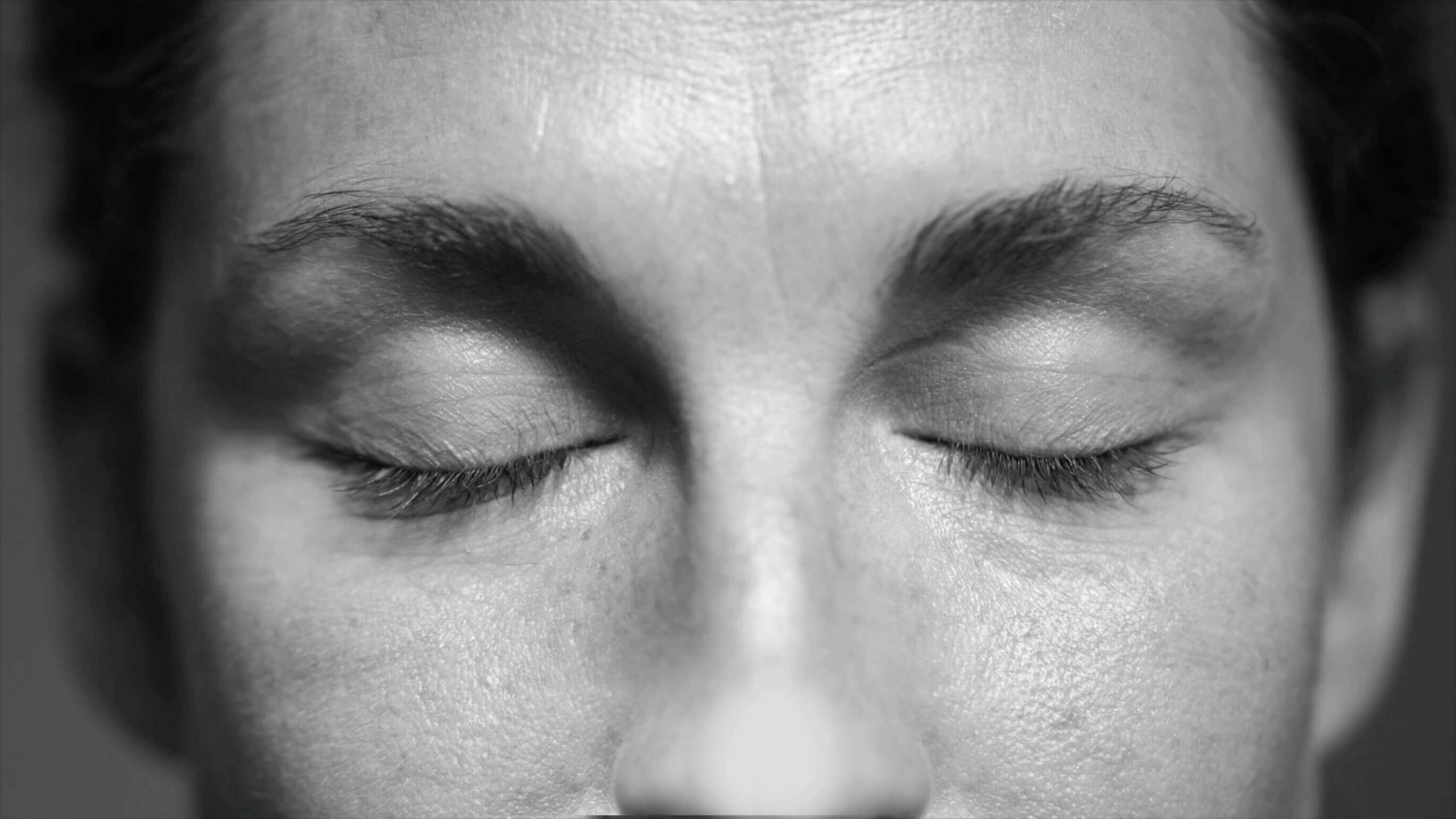
Eyelid twitching is a very common phenomenon, caused by a variety of mechanisms and not all of these ought to be a concern.
In the vast majority of cases, eyelid twitching is a mild temporary experience, randomly caused or due to irritation, blepharitis or sometimes tiredness.
When this is the case, we refer to it as myokymia.
Treatment for myokymia is not required as it almost always resolves within days.
How does blepharospasm present?
A less common condition resulting in eyelid twitching, is called blepharospasm. This can affect one or both eyelids, can be persistent or infrequent, mild or severe.
It is characterised by involuntary eyelid blinking or twitching very often without an obvious trigger.
How is blepharospasm treated?
Mild cases can be well tolerated but more severe cases can result in significant inconvenience, loss of confidence and when severe result in vision problems and a significant effect on quality of life.
Blepharospasm can affect all genders and ages but tends to be commoner in middle age females.
Patients presenting to an eye clinic or opticians’ office with Blepharospasm should always be referred to an oculoplastic specialist for clinical assessment so that sinister pathology can be ruled out.
Once this is done, a treatment strategy will be drawn up. In our practice, management will always begin with trigger identification and non-invasive treatments.
Is surgery for blepharospasm necessary?
When required, personalised botulinum toxin (Dysport / BOTOX) treatment plans can be extremely effective in managing and sometimes curing blepharospasm.
Surgery is reserved for the very severe cases of blepharospasm which are thankfully rare.
Dr Koutroumanos is appointed as an Honorary Consultant at the National Hospital for Neurology and Neurosurgery and works very closely with specialists from both disciplines.
Patients with other, less common forms of dystonias such as Hemifacial Spasm, Cervicofacial Dystonia and Meige Syndrome are also under our care all of whom maintain very satisfactory control and often resolution of symptoms.






